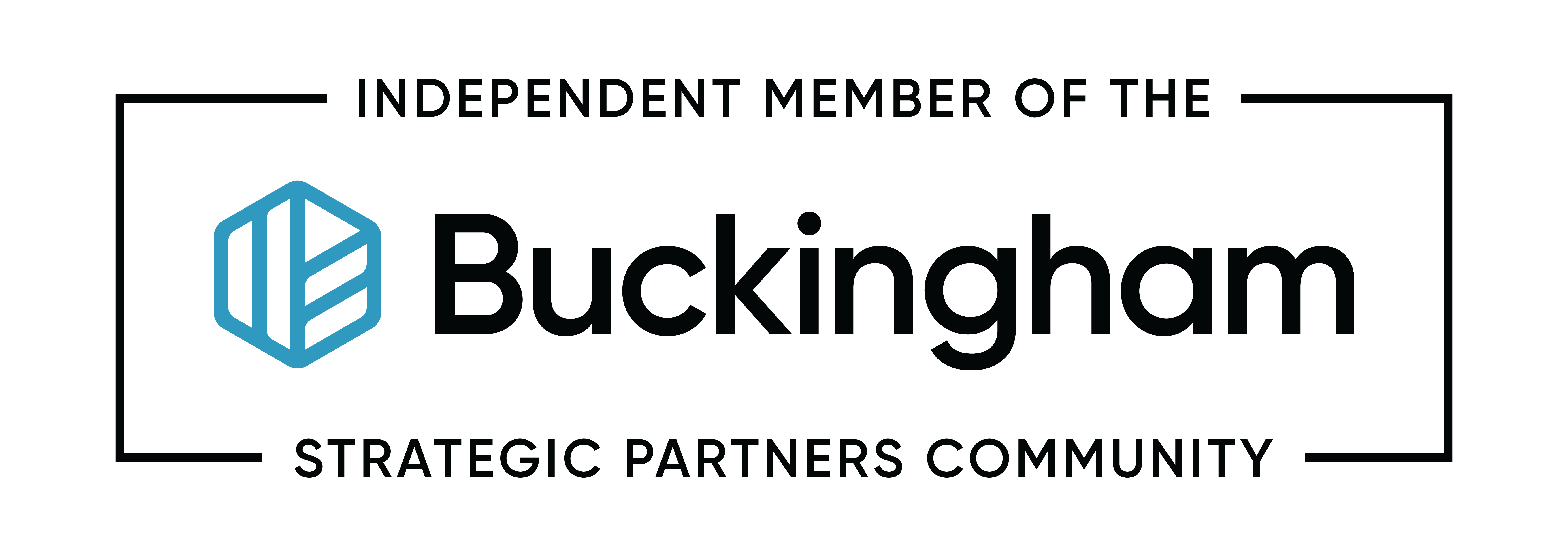Investors have started asking questions around a passive investing “bubble” they’ve been hearing about recently. The basic argument behind the financial press coverage of this “bubble” is that the popularity of index funds is distorting market prices by not allowing for proper price discovery, leading to the aforementioned bubble. It should be noted that not all passive strategies rely on indexing. In fact, while Claris recommends passive investments, we very rarely utilize index funds or index ETFs to build our client’s portfolios.
The active management community has generally been against indexing, and passive investing, since index funds burst onto the scene in the mid-1970s. The reason seems obvious: its profits take a hit when their high-fee, actively managed products lose market share to passive strategies. The rich irony of this argument is that if passive investing was actually distorting prices, active managers should be thrilled by this, not ranting against it, because it would allow them to employ their proprietary trading strategies and take advantage of these distorted prices thereby delivering outsized returns to their investors. Active managers have had a difficult time doing this on the whole, trailing their passive counterparts year after year.
Without question, the stock market absolutely needs some active traders who analyze and act on new information so that stocks are efficiently priced and sufficiently liquid for investors to be able to buy and sell. These managers are, in turn, incentivized to perform this function by charging substantial management fees. According to Nobel Prize winner Burton Malkiel, “even if the proportion of active managers shrinks to as little as 10 or 5 percent of the total, there would still be more than enough of them to make prices reflect information. We have far too much active management today, not too little.” To expand on this a bit, in our capitalist system, if a situation ever arose where new information was not being priced into markets, profit seeking market participants would emerge to take advantage of this easy arbitrage opportunity.
To be sure, passive investors are free riders. They do receive the benefits that result from active trading without bearing the costs. This is hardly a flaw of the capitalist system; it is an essential feature of it. In a free-market economy, we all benefit from relying on a set of market prices that are determined by others. Furthermore, this movement toward passive investing hardly creates a bubble. If it turns out there is a bubble in the markets, and really, who can accurately predict these things with any consistency, it would be impossible to pin the blame on the rise of passive investing.

